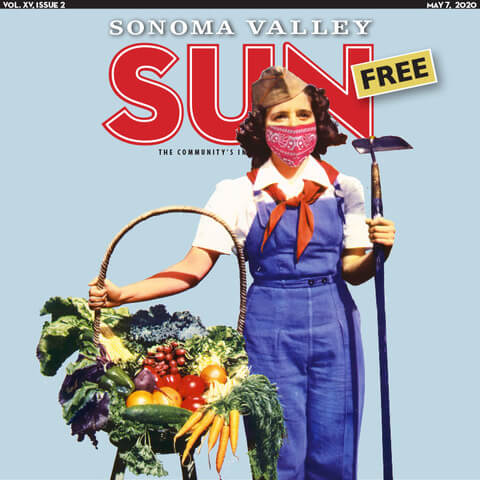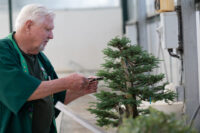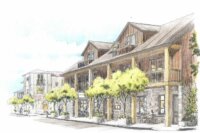By Seth Dolinksy | Sonoma Farm Scene
Prior to this current crisis, we noted that our production of local food had decreased in conjunction with our reliance on outside sources. Production moved to where land, labor, and housing is less expensive, while much of our own agricultural lands have been either paved over or turned into vineyards. While a boon for some, most have seen a loss of local food security and economic diversity, which has become glaringly apparent in recent times.
Now that we are considering what is an “essential service,” local food availability and production tops the list. While we work to provide food through distribution services such as food banks, meals on wheels, and other support networks, we must look ahead to ways in which we can produce more, locally. The first step is to buy local.
The economic shutdown has done major damage to our food systems. While big chains like Walmart, Whole Foods, Safeway, Costco, Trader Joe’s, and others have witnessed record revenues, local restaurants have been decimated, along with the wholesale food supply chain that supplies them. This includes many local producers of farm products that helped grow this important and vital farm-to-table industry. Many have had to pivot rapidly and turn to direct sales and other creative means to avoid even more economic damage.
The good news is that our farmers markets continue to operate, albeit in an extremely safe manner. The Friday Market has done an incredible job of adapting to new mandates, and make it relatively easy to get in, support your local producers, and restock our pantries. Speaking with market manager Hilda Swartz, they have seen good crowds of 600-700 folks each week, which is very heartening.
The Tuesday Night Market is moving ahead with their iteration of a safe and supportive market, which will be located at the Vets building off of First Street West, Tuesdays from 3 to 6 p.m. Many great local farms will be attending, and hopefully more locals will hold off on purchasing locally accessible items at large retailers and put those dollars back into our community.
It is said that crisis brings opportunity. We have lived through fires and pandemics, with major hits to our economy and community. We may have a greater appreciation for the essentials in life. The more effort we put into supporting a local food system, the more it can literally grow and provide ever greater community resilience. Many are realizing this, flooding into nurseries, material supply, and hardware stores, buying seeds, soil, plant starts, and more to do their part in growing a Sonoma recovery.
To contribute to this important cause, the Springs Hall is considering a farm box delivery service, where a curated box of local food products will be available for weekly pickup or delivery in the Valley. To find out more, [email protected]
Seth Dolinsky is manager of the Sonoma Valley Agricultural Cooperative, a program of the Sonoma Springs Community Hall aimed at supporting local farms and food producers using organic methods and ingredients. He is also the owner of New Land Systems, a regenerative land management company.






Be First to Comment